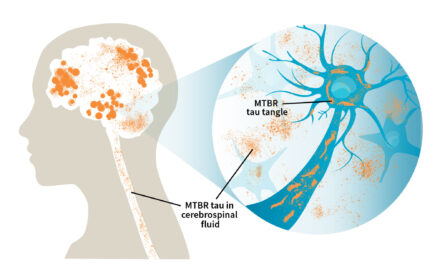Psychotherapy has been confirmed as an effective treatment for adults suffering from post-traumatic stress disorder (PTSD) after being exposed to multiple traumatic events. This conclusion comes from an international team of researchers led by psychologists Dr. Thole Hoppen and Prof Nexhmedin Morina, from the Department for Clinical Psychology and Psychotherapy at the University of Münster.
While the effectiveness of psychotherapeutic interventions for treating PTSD in adults has been well-documented in various studies, it hadn’t been established until now if the efficacy varied depending on whether the disorder was caused by a single event (e.g., a traffic accident) or multiple traumatic events (e.g., warfare or repeated incidents of violence).
The researchers conducted a meta-analysis based on data from approximately 10,600 patients, and their findings were published in The Lancet Psychiatry.
The team, which also included Prof Richard Meiser-Stedman from the University of East Anglia (UK), Dr. Ahlke Kip from the University of Münster, and Prof Marianne Skogbrott Birkeland from the Research Center for Violence and Traumatic Stress Studies in Norway, analyzed 137 empirical articles published over the past four decades on the treatment of PTSD in adults.
Dr. Nexhmedin Morina stated, “The data show that several psychological interventions are highly effective in treating PTSD following multiple traumatic events—in fact, they are about as effective as when the PTSD follows a single trauma.”
Up until now, these results had only been reported in the treatment of children and adolescents with PTSD. This study confirms that the same applies to the treatment of PTSD in adults, which is promising news for patients and therapists alike.
Approximately four percent of the global population suffers from PTSD due to traumatic events. The characteristic symptoms of PTSD include distressing intrusive memories, avoidance behaviors, and difficulty regulating emotions. These new findings have important implications for the clinical practice and training of psychotherapists and mental health professionals.
Thole Hoppen explains, “Our data helps remove treatment barriers for patients with a history of multiple traumatic events.” Some patients may fear discussing their traumatic experiences, and some psychotherapists may be hesitant to address these experiences directly during treatment. However, trauma-focused cognitive behavioral therapy, a form of psychotherapy that helps individuals process traumatic memories, has been proven to be not only effective but more effective than non-trauma-focused interventions.
As a result, trauma-focused cognitive behavioral therapy is the recommended first-line treatment according to national and international guidelines. However, Hoppen adds that future research should focus on longer-term data to provide a more accurate assessment of the treatment’s long-term efficacy.
*Note:
1. Source: Coherent Market Insights, Public sources, Desk research
2. We have leveraged AI tools to mine information and compile it



